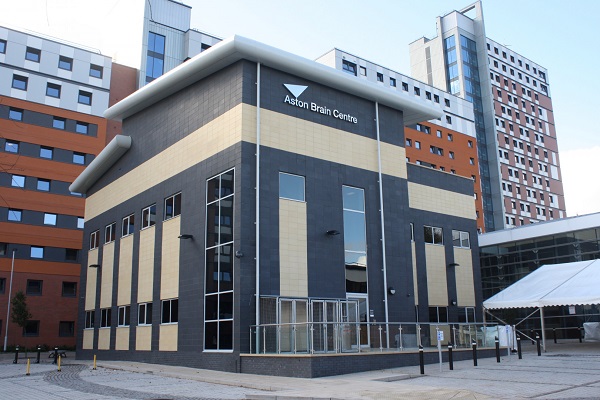Aston University: The construction and retrofitting of housing must change to improve financial wellbeing – new research
A new study by Aston University has analysed the importance of ‘multi-use’ homes and revealed implications for design, build and retrofitting.
Experts from the University’s Centre for Personal Financial Wellbeing worked with housing association VIVID to conduct research into the quality of housing and neighbourhoods, revealing key areas for consideration when building and retrofitting homes in order to prioritise customer wellbeing.
A survey of 1,115 of VIVID’s customers was conducted, alongside an extensive literature review to understand the correlation between housing quality and wellbeing, building on VIVID’s 2017 ‘Homes and Wellbeing’ research.
The study found that increased working from home, multi-generational living and a desire to stay in one home for a lifetime have altered customers’ priorities and experts suggest the construction and retrofitting of housing must transition with these factors in mind.
Professor Andy Lymer, director of the Centre for Personal Financial Wellbeing at Aston University, said:
“As an organisation, VIVID has demonstrated a clear understanding of the link between housing quality and wellbeing with their stated mission to give customers a safe and secure home that provides them with the foundations for their wellbeing.
“We found the Covid-19 pandemic prompted huge lifestyle shifts, impacted wellbeing and has prompted changes to housing preferences. That, coupled with the current fuel and cost of living crisis, means housebuilders need to refocus development with a laser focus on efficiency. The findings of the study help to paint a picture of how the housing sector can continue shaping services, repairs and housing design, keeping the wellbeing of residents at the heart of these plans.
“The relationship between household income, energy costs and financial wellbeing showed that, understandably, those with difficulties in paying bills are more likely to report concerns over heating (82% compared to 57% for those without difficulties) and energy inefficiency (24% compared to 14% for those without difficulties), whilst those who have less concern over heating and energy inefficiency are more likely to be satisfied with life.
“The research report’s findings will help support the housing sector in the years to come to better meet the needs of the region’s population from both a physical house design perspective as well as a wider community building perspective.”
VIVID chief executive, Mark Perry, launched the research results at the Business South Housing Summit on 4 October. He said:
“Working with Aston University, the purpose of this long-term study has been to really understand the impact of housing quality and community on the wellbeing of housing association customers, to identify the areas which require effort and investment.
“Wellbeing has been at the core of our vision and mission since we were formed in 2017: our services aim to give customers a safe and secure home and provide the foundations for happy, healthy lives.
“Right now, there are too few homes for the number of people needing them in the UK. Aside from just volume, we also need the right type of homes to suit individual and societal needs: too many people are living in unsuitable homes, which has a direct, detrimental impact on their welfare.
“We hope the findings of this study support the industry in finding ways to better design and build future homes, serve customers and create access to the kind of homes people genuinely need.”
The report also delved into the impact of repair turnaround times, financial wellbeing and heating and energy inefficiency on customers’ wellbeing and perceptions of their homes.

